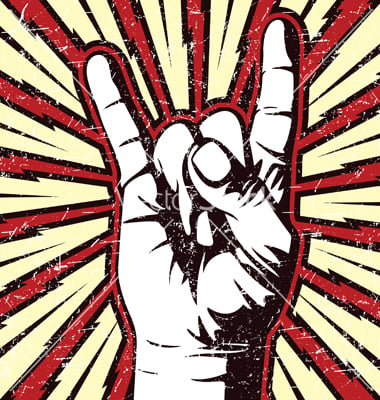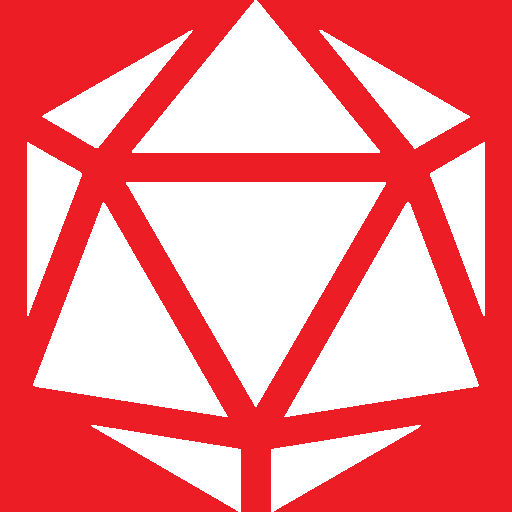[-ish] Ireland, Scotland = Irish, Scottish
[-an] Morocco, Germany = Moroccan, German
[-ese] Portugal, China = Portuguese, Chinese
What rule is at play here? 🤔
Cheers!
There is no common rule. It varies by the way the language evolved over time.
Also the word you are looking for is “Demonym”
The English Language, where the grammar is made up and the rules don’t matter.
I can add:
[-er] New Zealander
Or just a different word completely. Dutch.
Pfft. The Dutch…
Booo I’ma still say New Zealish
New Zealot
for aiur
Adun toridas.
New Zealand -> Kiwi.
Only in the same way Australia -> Aussie, or England -> pom. Colloquial terms
When does a colloquial term become a non-colloquial? Usage by government/official contexts?
In August 2022, Minister of Immigration Michael Wood referred to 85,000 holders of recently approved New Zealand 2021 resident visas as “new Kiwis”.
Newfoundlander
Yeah I think if it ends in land it’ll probably be a lander.
Odd way to spell Kiwi but you do you pal
There is a Words For Granted podcast episode about that. Don’t remember much tho. Have fun!
Ray Belli is amazing and I’ve failed to learn so many things from his podcast because as soon as he starts speaking my mind wanders. It’s like the audio version of reading the same paragraph four times because my brain decides to think about something else while my eyes move across the page
Canada = Canadese (nuts fit in your mouth?)
Shortened from Canada geese
So Philippines is Philippinese?
Denmark -> Dane
I guess that actually the other way around, Denmark : Dane’s field/farm(there is a better English word for mark but can’t remember)
But isn’t Dane a noun? I thought the adjective was danish.
Yes you’re right , the Danes are Danish
Danish. Also doubles as the name of a tasty pastry.
Netherlands → Dutch
No wonder Euros say they don’t exist.
Dutch is such a weird one. We don’t call ourselves “Dutch” in Dutch, we call ourselves “Nederlands”. This would be something like “Netherlandish” in English. We do call Germans “Duits” though, and they call themselves “Deutsch”. Somehow in English German and Dutch got a bit messed up. The reason is probably that during the middle ages we did refer to our language as “Dietsch”, so that probably stayed around.
Dutch is the English name for the dominant language of the Netherlands, and in English we often name people after their language. The Netherlands is also called Holland in English, even though Holland is just the most economically-dominant sub-region of the Netherlands, and the location of its main trading ports, rather than the whole country. Which makes sense if you are an English sailor who only knows the Netherlands through its trading ports and has little need to go inland.
But we also don’t call our language “Dutch”, we call it Nederlands. It’s a relic of an old time, but actually German should be called Dutch and Dutch should be Netherlandish. It’d help a lot with the confusion of young German and Dutch people learning English for the first time haha. Would also resolve the confusion around “Pennsylvanian Dutch” being German.
Also resolve the confusion around the “dutch angle” in film… it was actually a thing that was started in Germany.
I’m in Michigan, that makes me a Michigander. The rules are made up and the suffixes don’t matter.
Netherlands = Dutch
When I was a kid our family went on vacation to the US. Everyone kept asking if I was Dutch, which I thought was German (Deutsch).
So I kept correcting them, saying I was Netherlandish :)Deutsch is Pennsylvania Dutch, which is German
Also, in Deutschland, the descendents of the Alemmani are called Germans for some awful reason.
There are no rules in English. Ask the people from each country what they prefer
Oh there’s plenty of rules, and if you follow them you’ll be wrong because each rule has 20 exceptions you have to memorize because English isn’t a language, it’s several languages in a trench coat.
Demonyms don’t follow any particular rules, as far as I know. I’m an “-egian” myself.
Human languages: the words are made up and the rules don’t matter.
Especially true for English.
Afghani, Pakistani,
FYI, there’s a little debate over this in the English language, but many would say that the proper demonyms are Afghan for the Pashtun ethnic group, and Afghanistani (or rarely Afghanese) for people from Afghanistan regardless of ethnicity.
Afghani is their currency.
I believe it comes from a discrepancy between the Persian and Pashto languages. Afghani being the correct term in Persian, and Afghan being the term in Pashto.
Afghani is pretty widely used in English, and even appears in some dictionaries, but many argue that it’s not correct.
So a person is an Afghan, they eat Afghan food, wear Afghan clothing, have Afghan customs, and their currency is the Afghan Afghani (in case some other country ever adopts a currency called the Afghani and you need to differentiate between them)
People from Iceland are only called Icelandic because “Icish” would sound a bit silly.
I think I could get behind New Zealandic
As an outsider I’ll say that “Kiwi” is an awesome name for you folks.
(hope I don’t assume too much based on the instance name)
and is one that we are happy enough to use
It’s based on what sounds best.
Then explain Liverpudian or Mancunian.
That’s why people say Scouse and Manc (not to be confused with Manx)
They’re both aposematisms - they’re meant to be a clear signal to discourage interactions.
We’re all Earthicans, no need to divide it up further than that
Terrans? Earthers?
I believe “Earthling” is traditional.
Earthling if you’re an alien with bigger guns than us.
Terran if we got bigger guns than you.
Earther if you’re a racist alien.
Hooman if you’re an alien that wants to rip us off in trade.
Yeah, but every ant, rat, and snake is an earthling to. That’s saying we are from the planet earth. The other terms are more about being part of the political entity of earth. If you are a Marsling, you could immigrate to become an Earthican, but you can never be an Earthling. Same for the other direction, being from earth we may some day become Martians, but can never be Marslings. Source: it’s as made up as every other part of the English language.
Fine. Human, then.
Aroo!
















